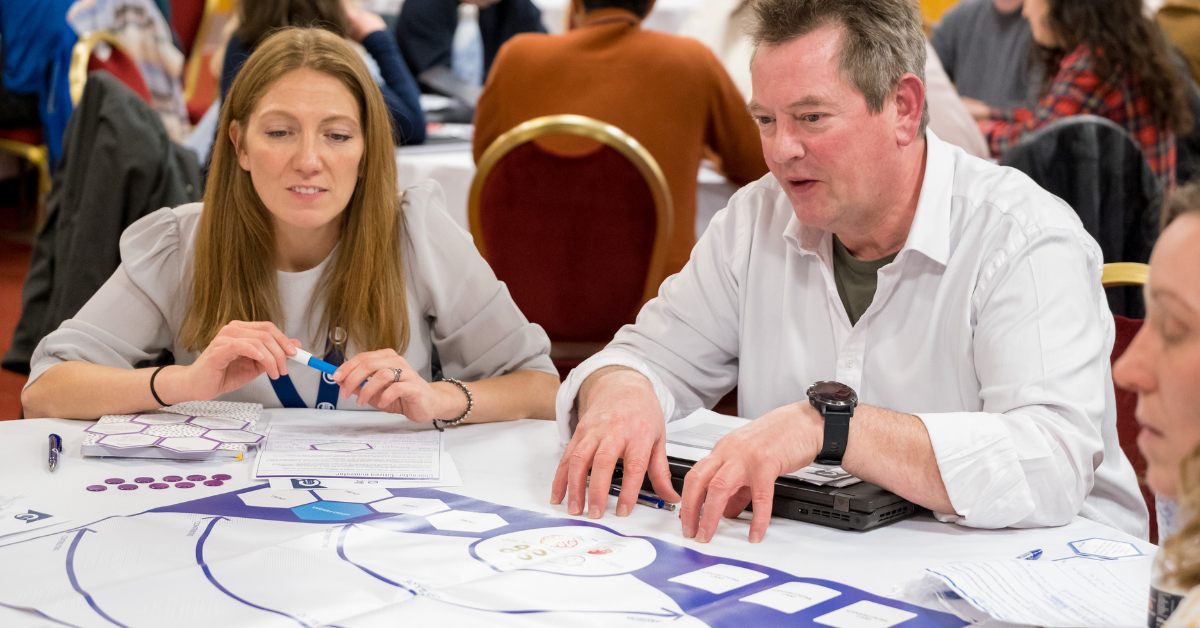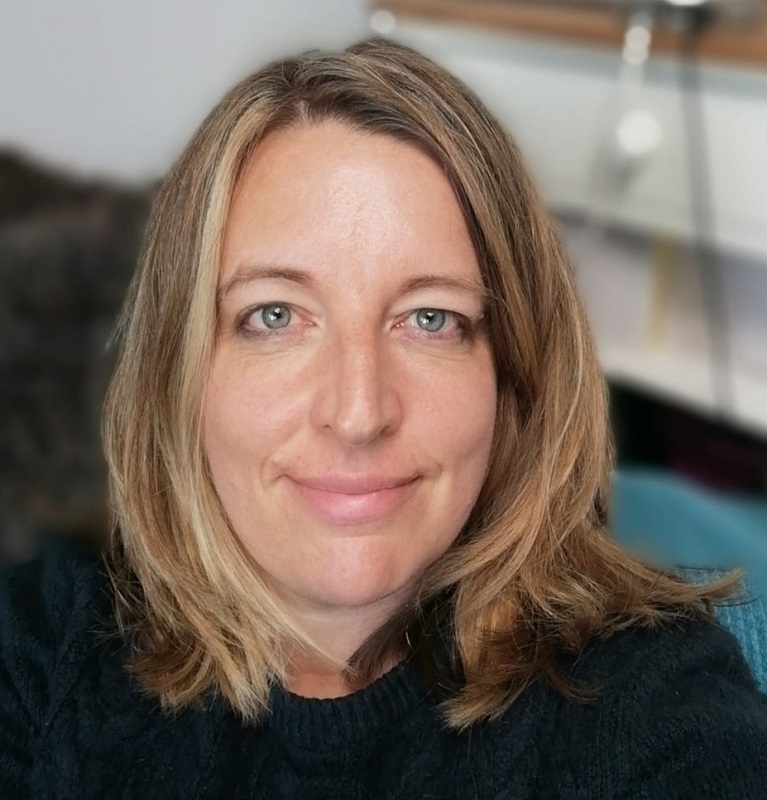Is it time to “call time” on talking sustainability?
15/09/2022

Let me paint you a picture. You’re in the pub and you ask people around you what ‘sustainability’ means to them. It depends on the crowd, but you’d probably be met a combination of with rolling eyes, “oh, you’re going to be all preachy!”, glazed over expressions, “How boring!”, confused looks, “sustain-a-what?”, and perhaps some anger, “I suppose you’re one of those activists!”, as well as the odd polite smile as they excuse themselves to go to get another drink.
I was reflecting on this at the start of my MSc at Cranfield University, when one of my first pre-work assignments was to identify the person, or people who had most inspired me when it comes to sustainability. It’s a random list, but it ranges from an author, a poet, a storyteller, my geography teacher, and my mum. And the common theme among them is that none of them ever used the word ‘sustainability’. For my mum, it was just about common sense and making the most of resources. For the poet, it was about conveying a sense of beauty in the world. My geography teacher explained the impacts of human activity on the planet and what needs to change, and the storyteller helped me want to get involved in the ongoing challenge of helping animals, planet and humans to live better lives. Sustainability is the thread that runs through it all, and it’s engaging, it’s practical, it’s optimistic and for the left-brainers out there like me, it’s expansive and it’s about possibilities. So for me, there’s nothing wrong with that word because it sums up all that I want to strive for. And for people working in the field, we love the word as it has so many positive connotations. But that’s where the problem comes in – it can disengage as many people as it engages.

The good news is that sustainability has gone pretty mainstream in business, but the bad news is that it seems pretty dull, reductionist, and let’s face it, it can be quite alienating. From carbon jargon to certifications, data and reporting frameworks, zero waste to net zero, let’s face it, it’s hardly a page-turner unless you’re a greenhouse gas auditor. We need all this stuff, because that’s how we measure progress and create transparency, but maybe that talk needs to stay behind sustainably-sourced closed doors most of the time.
Go back to that pub a second. (Do you need any encouragement?!). Ask people what a ‘good life’ means to them and their family. You’ll get loads of answers. Health, wellbeing, decent work and education, affordable food, less inequality, peace, nature, a healthy planet, clean air, safety, rewarding employment, economic growth, I could go on.
Suddenly, there’s a shift change. We can talk animatedly about what that possible future looks like; we can see clearly that we all have a role to play. We can see how we can make a difference.
But wait, surely that list above coincides with the subjects of the 17 UN Sustainable Development goals?! Suddenly we’ve found common ground. A case of same product, different label.

I’ve applied this principle within work, when talking to people. Admittedly, the word “sustainability” is in my job title, so it has a bit of a spoiler effect in terms of people knowing my agenda before I open my mouth, but if we talk about health and wellbeing, giving something back to the community, about protecting future food supplies, making the most of resources, employee engagement and looking after our suppliers, (the list goes on), then it seems to logically resonate with people. They can see the commercial benefit of doing these actions, and it just makes sense. You can almost see the penny drop when you then make the explicit link between these goals and sustainability.
By and large, we all want the same things, we just need to change the language to suit the audience, and reframe the picture. Let’s talk about that better future; what it looks like, what it would feel like, and crucially what needs to change to make it happen. We can then mobilise a wider audience to get on with the job in hand – without alienating people before they even start.
Categories & Tags:
Leave a comment on this post:
You might also like…
From classroom to cockpit: What’s next after Cranfield
The Air Transport Management MSc isn’t just about learning theory — it’s about preparing for a career in the aviation industry. Adit shares his dream job, insights from classmates, and advice for prospective students. ...
Setting up a shared group folder in a reference manager
Many of our students are now busy working on their group projects. One easy way to share references amongst a group is to set up group folders in a reference manager like Mendeley or Zotero. ...
Company codes – CUSIP, SEDOL, ISIN…. What do they mean and how can you use them in our Library resources?
As you use our many finance resources, you will probably notice unique company identifiers which may be codes or symbols. It is worth spending some time getting to know what these are and which resources ...
Supporting careers in defence through specialist education
As a materials engineer by background, I have always been drawn to fields where technical expertise directly shapes real‑world outcomes. Few sectors exemplify this better than defence. Engineering careers in defence sit at the ...
What being a woman in STEM means to me
STEM is both a way of thinking and a practical toolkit. It sharpens reasoning and equips us to turn ideas into solutions with measurable impact. For me, STEM has never been only about acquiring ...
A woman’s experience in environmental science within defence
When I stepped into the gates of the Defence Academy it was the 30th September 2019. I did not know at the time that this would be the beginning of a long journey as ...







